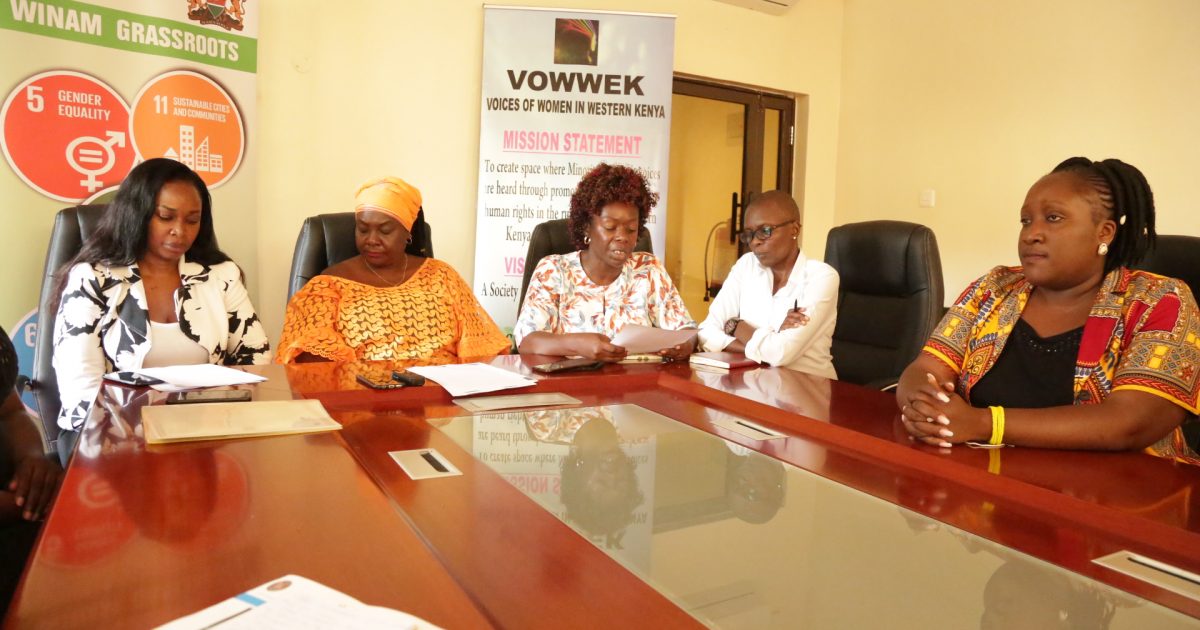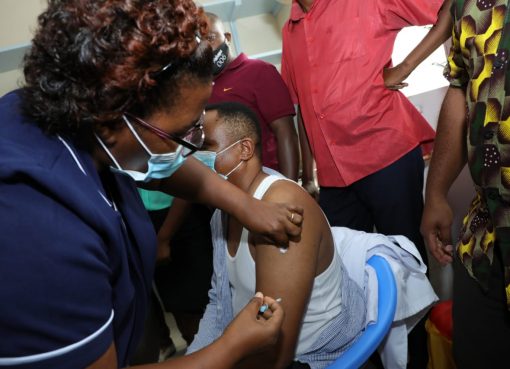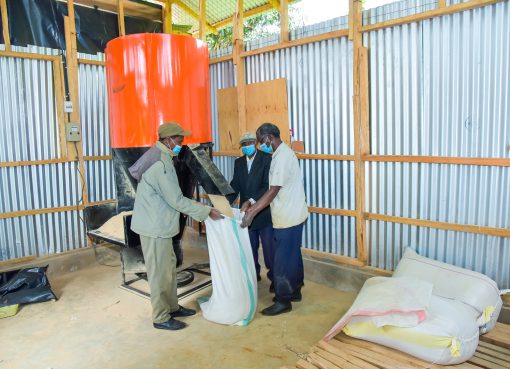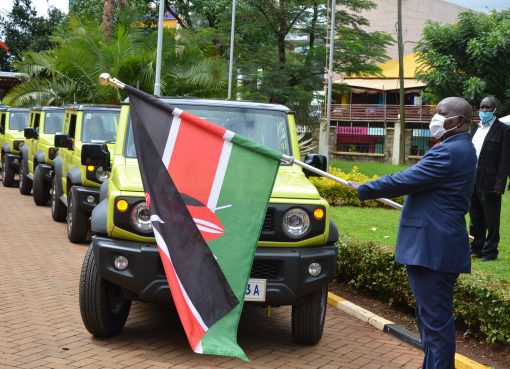To help women recover from the negative economic effects of Covid-19 pandemic, women organizations in Kisumu have come together to sensitize them on how to rebuild their businesses.
Under the umbrella of Urban Grassroots Women Caucus, the organizations have rolled out training and sensitization for small scale business women who closed shop after the pandemic broke out in March.
Also targeted are women who were removed from markets and those whose stalls were demolished to pave way for expansion of Kisumu port.
The caucus coordinator Caroline Ogot said the program targets to train the women on existing opportunities and avenues of accessing credit to get them back on their feet.
“We are meeting women to listen to them and address emerging issues. We also want to sensitize them on where to get credit and grants to restart their businesses,” she said.
Alice Odera, a member of the caucus said women in Kisumu have been worst hit by the pandemic.
“We initially had women who had been evicted from their stalls and markets for various reasons and then Covid-19 came in March and they could not go to their places of work,” he said.
Through the sensitization programs, she said women will be shown how to tap into existing schemes, financial institutions and government bodies to access credit to build resilient businesses.
Merab Ochieng, a member of the caucus said the women will be sensitized on how to take advantage of the 30percent offered to women to supply goods and services to the national and county governments.
This, she said will enhance women participation at the same time enable them to grow financially.
“We are looking at helping women build back better through the knowledge and skills that we are imparting through this program,” she said.
East Africa Legislative Assembly (EALA) Youth Speaker Ashura Michael the sensitization was critical to enhance women’s capacity to participate in economic development.
This, she said, will impact positively on families, the community and the country at large since women constitute 50% of the country’s population.
By Chris Mahandara





